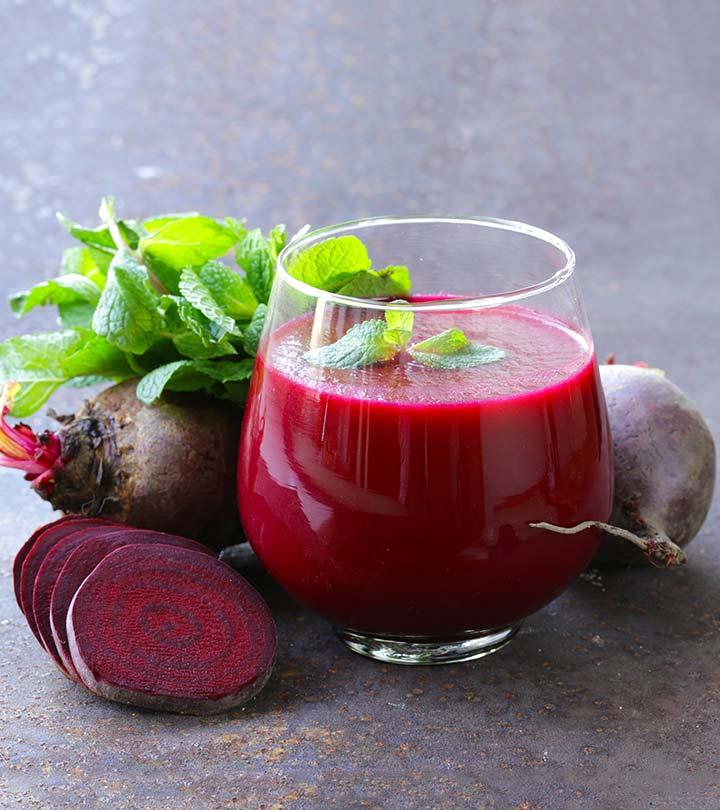Diabetes is one of the commonest diseases in our society today. It used to be regarded as a disease of the rich and affluent. But now, it affects even the poor.
But what is Diabetes? It is a metabolic disorder caused either by a deficiency of the digestive hormone called Insulin or the inability of body cells to use available insulin. In talking about diabetes, there is one organ in the body, which requires attention. The organ is the Pancreas.
What is Pancreas?
The pancreas is an organ that excretes hormone insulin and pancreatic fluid, which contains enzymes involved in the digestion of fats and proteins in the small intestine. The pancreas, which is shaped like a human tongue, lies below and behind the stomach and in – between the two kidneys. It weights about 100gms, and is made of small units called lobules. Each lobule consists of two groups of cells, the exocrine and the endocrine. The endocrine group of cells is called an “Islet of Langerhans”. The beta cells of the islets produce insulin while the alpha cells of the islets produce glycogen, a hormone which does the reverse of what insulin does, that is, causes a breakdown of glycogen into glucose, thus raising up the sugar level and preventing it from falling too low.
Kinds of Diabetes
The terms “Diabetes” as used in this work refers to “diabetes Mellitus”. There is another kind of diabetes called “Diabetes insipidus” a condition of polyuria and polydipsia due to a deficiency of antidiuretic hormone (ADH). This kind of diabetes is less common among us and so will not be considered. It deserves a separate treatment.
When therefore we speak of kinds of diabetes, we refer to the two kinds of diabetes mellitus, which are:
(A) Juvenile Diabetes, also called Insulin dependent diabetes mellitus (IDDM), is common in children and young adults. This condition is characterized by a deficiency of Insulin in the body. Thanks to modern medicine, this insulin can be artificially injected into the body.
(B) Maturity Onset Diabetes; also referred to as non – insulin dependent diabetes mellitus (NIDDM) is common in middle – aged people. In this condition there is insulin in the body but the body cannot make use of the available insulin.
Causes of Diabetes
- Heredity: It is believed that heredity plays a part in the spread of diabetes. However, there is no explanation of how exactly this happens. While it is true to say that diabetes tends to run in families, it does not imply that everyone born into such families will develop the disease. Nor does it imply that those who do not belong to such families will never get the illness. It is good to note that in families where diabetes tends to run, the members will have a tendency to the illness. But they may not develop the disease if proper precaution is taken. Some scholars have maintained that what is inherited is not the disease, but lack of the chromosome that will resist the illness.
- Wrong Medication: Self – medication has become the order of the day. Hospital bills are hardly affordable. People would rather go to chemists and get whatever drugs they want, than to go to the doctor. The wrong use of drugs, as well as long term use of some drugs, can damage the pancreas chemical drugs are dangerous and so should be taken with care. One should avid them if it is possible. Of what use is chloraphenicol it cures your typhoid but destroy your sight or hearing? Those who constantly take drugs such as asthma drugs, arthritis drugs, and contraceptive pills are in danger of damaging their pancreas.
- Life Style: It has been said over and over again that wrong lifestyle is one of the major causes of diseases in general. But how many people are ready to listen? Even as food can nourish life, so can it also destroy life. When a mother feeds her baby with plenty of coca – cola drinks, sugar, ice – creams, biscuits, chocolate and other refined foods, she thinks she is “civilized” and making her child “civilized”, not knowing that she is destroying the life of her baby. When a man drinks beer and drinks expensive wines, eats plenty of red meat, drinks coffee with plenty of sugar, he says to himself. “I am enjoying life” not knowing he is eating himself to death.
It is therefore important to learn the art of proper food combination if we want to stay healthy.
- Overweight: It is said that 57 – 5 percent of diabetics are overweight. High intake of
protein and heavy calory food will lead to overweight. Overweight occurs when there is no balance between the intake of food and the digestion and utility of this food. As a result, extra calories the liver, kidney and pancreas have to do extra work. This overwork eventually leads to a breakdown of these vital organs.
SYMPTOMS OF DIABETES
If you do not have the illness called diabetes then be happy. And be sure you do all you can to prevent it for prevention is better than cure. The symptoms of diabetes are many and varied. At the earliest stage, diabetes does not slow any symptom. In many cases, the disease is diagnosed accidentally when undergoing check – up for other complaints. The following are only some of the symptoms of diabetes.
- Polydipsia:Because of the quantity of fluids lost through urine, the body experiences dryness of mouth and excessive thirst. The patient has an intense craving for water and yet is never satisfied.
- Polyurea:This means excessive urination. This constant urination is the commonest sign of diabetes. Because of the high level of sugar present in the urea. It taste very sugary.
If you find yourself urinating very frequently, check if your urine is sugary. Do this by tasting the urea. If it is sugary then watch out. This may not be enough proof that you have diabetes, but it may be an indication.
- Polyphagia:this refers to the excessive hunger often experienced by diabetes. This
abnormal hunger is only a reaction of the body to a lack of glucose, thus starving the
body cells. The patient is tempted to eat more and more, And yet the more food the
glucose level rises. And the more body weight increases.
- Weakness and Tiredness:It is not the fats that are used. The body also feeds on the
proteins in the body, leading to general weakness and tiredness.
- Itching:Persistent itching all over the body, especially in the genital parts is a
symptoms of diabetes. This is true especially of women. If a woman persistently
experience s itching in her vagina a medical check – up is advisable.
- Loss of Weight:Because the cells are starved of glucose the body begins to make use
of stored fats so as to nourish the cells. When this continues for a prolonged period of time the patient begins to lose weight.
if you Need the cure of Diabetes contact us bitterkola70@gmail.com





